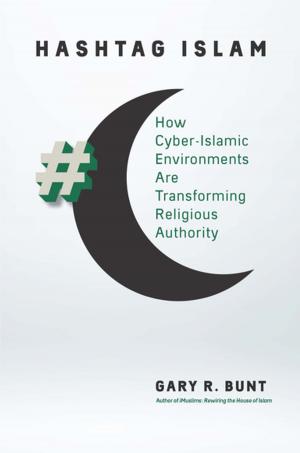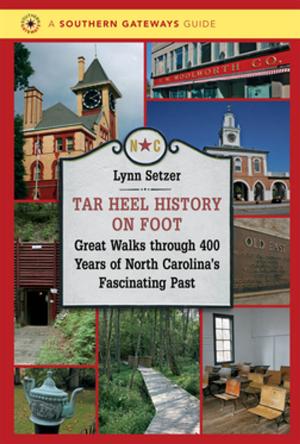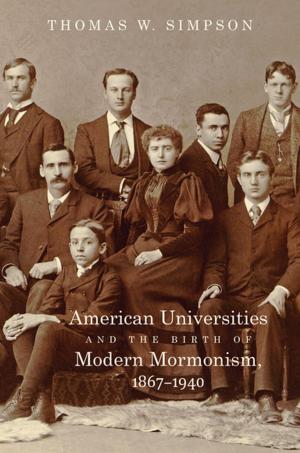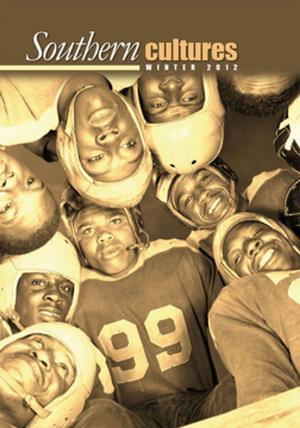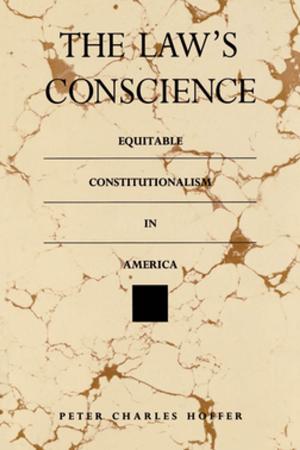Exiles in a Land of Liberty
Mormons in America, 1830-1846
Nonfiction, Religion & Spirituality, Christianity, Denominations, Mormonism, Church, Church History| Author: | Kenneth H. Winn | ISBN: | 9780807866351 |
| Publisher: | The University of North Carolina Press | Publication: | November 9, 2000 |
| Imprint: | The University of North Carolina Press | Language: | English |
| Author: | Kenneth H. Winn |
| ISBN: | 9780807866351 |
| Publisher: | The University of North Carolina Press |
| Publication: | November 9, 2000 |
| Imprint: | The University of North Carolina Press |
| Language: | English |
Using the concept of "classical republicanism" in his analysis, Kenneth Winn argues against the common view that the Mormon religion was an exceptional phenomenon representing a countercultural ideology fundamentally subversive to American society. Rather, he maintains, both the Saints and their enemies affirmed republican principles, but in radically different ways.
Winn identifies the 1830 founding of the Mormon church as a religious protest against the pervasive disorder plaguing antebellum America, attracting people who saw the libertarianism, religious pluralism, and market capitalism of Jacksonian America as threats to the Republic. While non-Mormons shared the perception that the Union was in danger, many saw the Mormons as one of the chief threats. General fear of Joseph Smith and his followers led to verbal and physical attacks on the Saints, which reinforced the Mormons' conviction that America had descended into anarchy. By 1846, violent opposition had driven Mormons to the uninhabited Great Salt Lake Basin.
Using the concept of "classical republicanism" in his analysis, Kenneth Winn argues against the common view that the Mormon religion was an exceptional phenomenon representing a countercultural ideology fundamentally subversive to American society. Rather, he maintains, both the Saints and their enemies affirmed republican principles, but in radically different ways.
Winn identifies the 1830 founding of the Mormon church as a religious protest against the pervasive disorder plaguing antebellum America, attracting people who saw the libertarianism, religious pluralism, and market capitalism of Jacksonian America as threats to the Republic. While non-Mormons shared the perception that the Union was in danger, many saw the Mormons as one of the chief threats. General fear of Joseph Smith and his followers led to verbal and physical attacks on the Saints, which reinforced the Mormons' conviction that America had descended into anarchy. By 1846, violent opposition had driven Mormons to the uninhabited Great Salt Lake Basin.




